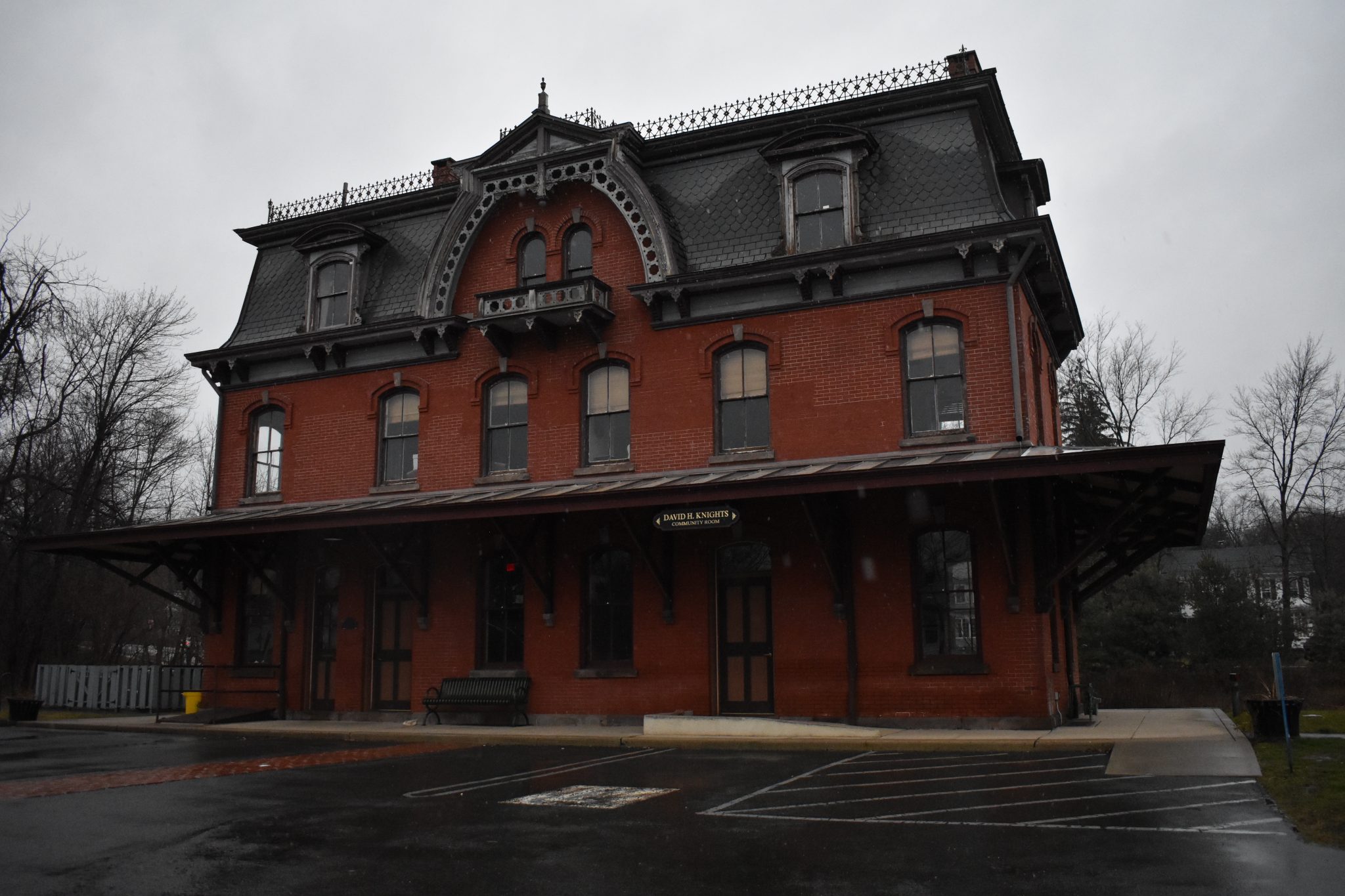Borough officials are allowing limited consumption of alcoholic beverages at the Hopewell Borough Train Station after an amended ordinance was adopted by the Hopewell Borough Council.
The ordinance centers around a proposed amendment to a borough ordinance that currently prohibits any consumption of alcohol at the train station in town. The amendment would allow for certain alcohol beverages such as beer and/or wine to be served at train station events by social permit holders.
According to officials, an individual or organization desiring to reserve a borough facility for an assembly, meeting or private event must first obtain a permit from the borough clerk.
On a motion to adopt the amended ordinance inside of Borough Hall, Council President C. Schuyler Morehouse, Councilman Chris Fossel, Councilman Ryan Kennedy, Councilwoman Samara McAuliffe, and Councilwoman Debra Stuler voted “yes” on Feb. 6.
Councilman David Mackie was the sole dissenting vote on the proposed measure.
Mackie said that this matter is an ongoing policy discussion and that there was not a need rush the passage of this ordinance.
He explained that the ordinance did not address outstanding questions that included safety risks and the question of whether non-profit organizations, or possibly other entities, would be permitted to serve wine and beer at outdoor events under the framework of a Social Affair Permit or a similar mechanism or, if so, what limitations would be placed on the size and frequency of such gatherings.
“The decision reflects the values of the Borough and the only reason this came up is because some of the residents asked. As I have said it is not my building, it is not the council’s building, it is the people’s building,” Mayor Paul Anzano said. “If they want to permit this type of conduct I do not see a reason not to.”
The passage of this ordinance ends a six-month dialogue amongst officials.
The borough has previously had a prohibition on alcohol being served at the train station in regards to social permit holders.
“My balance was to make sure that property tax payers in the Borough were not put at greater risk of loss or financial peril as a result of lawsuits. What we have done for a number of months is make sure that was not the case,” Anzano said. “Under the ordinance the homeowner needs to name the Borough as a covered party under their homeowner’s policy and need to have a host liquor liability coverage. We are more protected this now then we were with the absolute ban of alcohol at this location.”
Borough officials said that the individuals would also have to consent to enforcing the rules that the New Jersey Division of Alcoholic Beverage Control currently requires of social permit holders.
They have to also commit to not serving underage people, intoxicated individuals, not leave the premises with alcohol and generally do the best they can to enforce those rules, according to officials.

